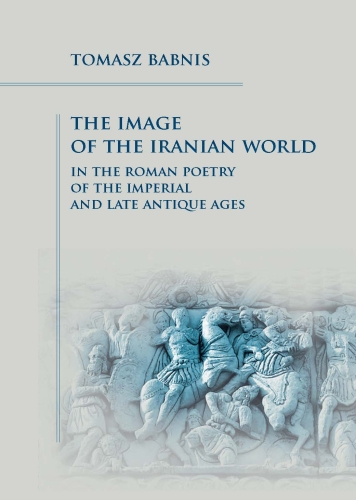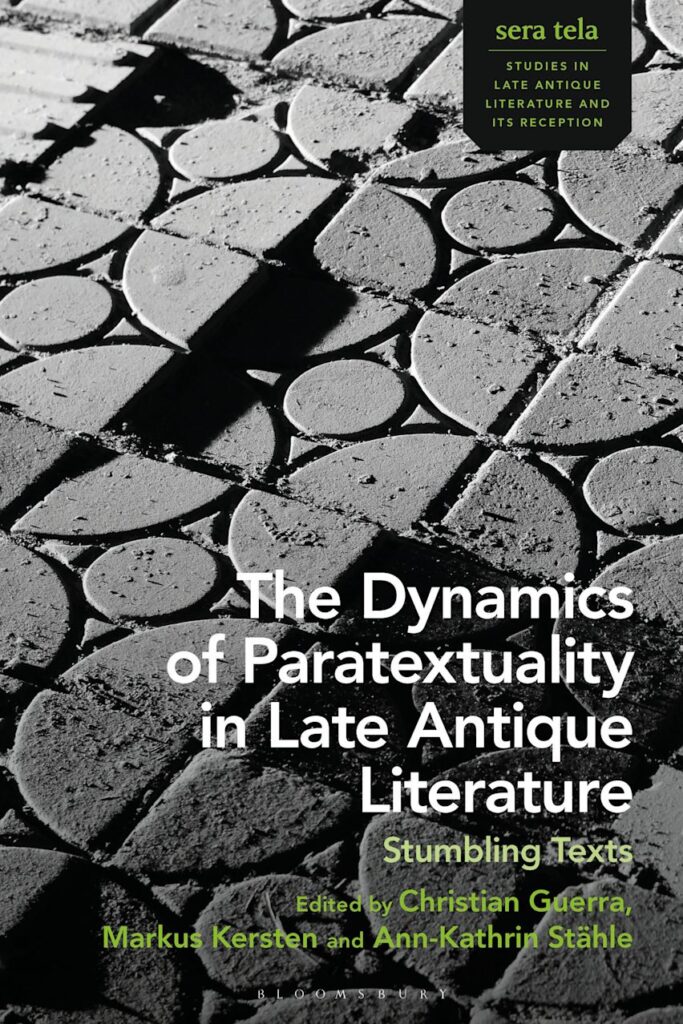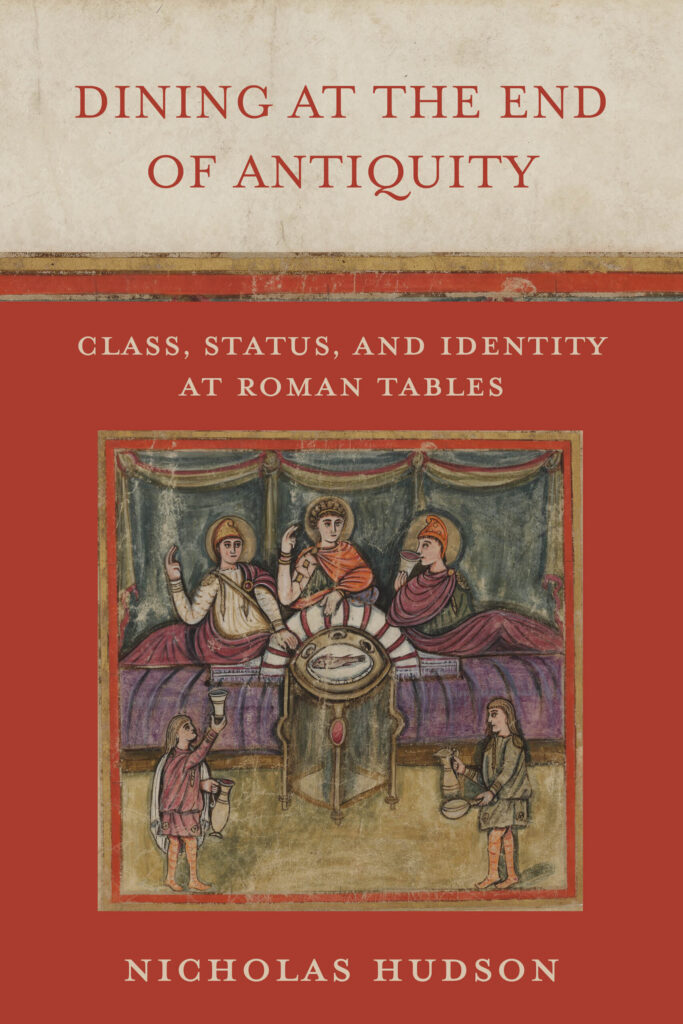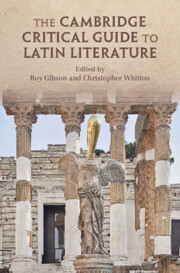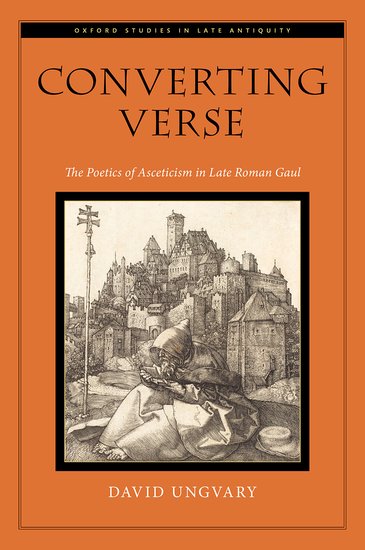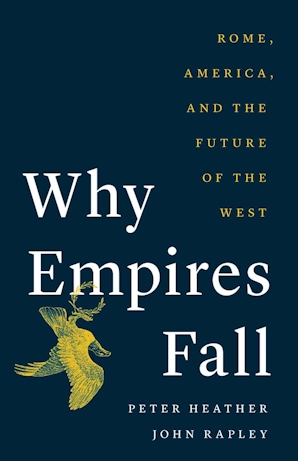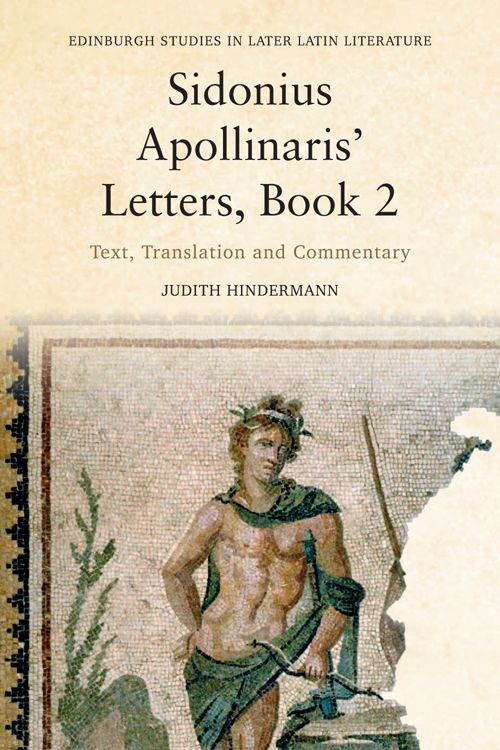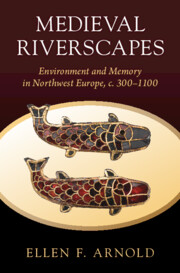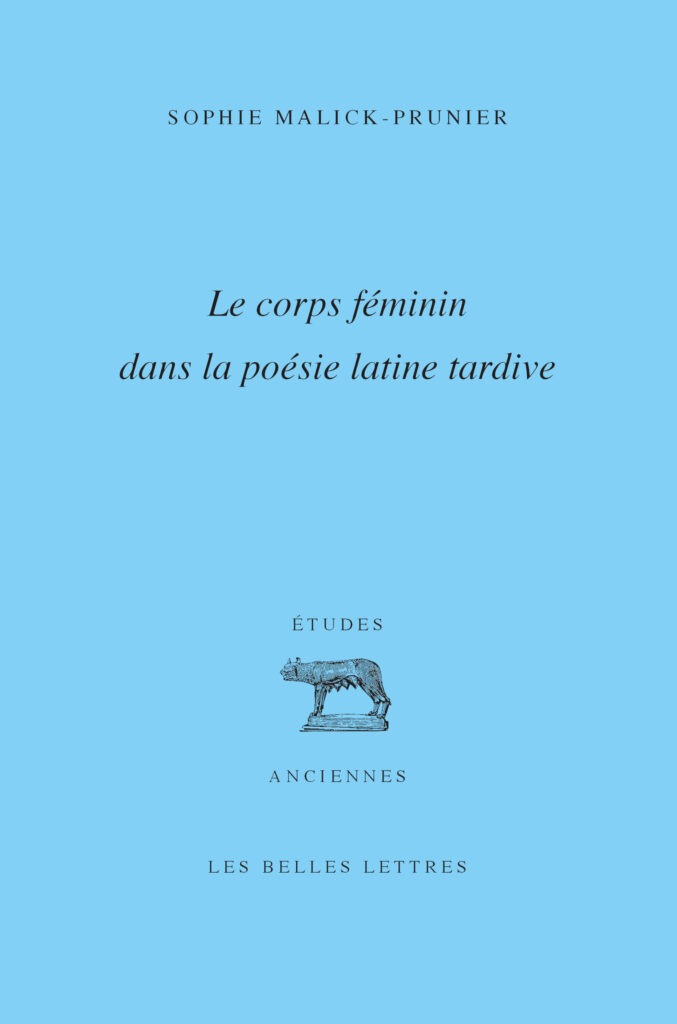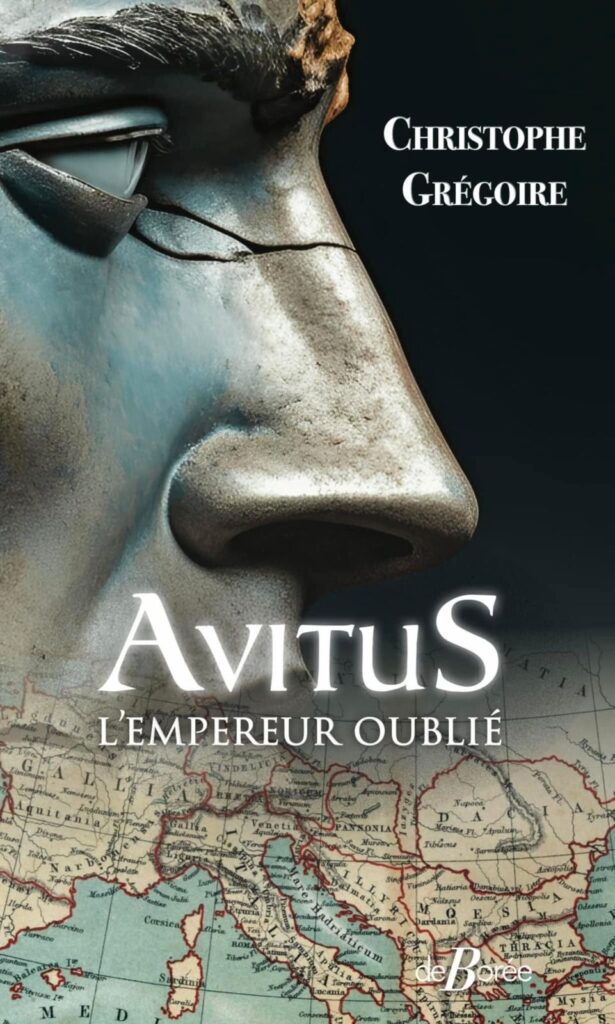Peter Heather and John Rapley, Why Empires Fall: Rome, America, and the Future of the West, New Haven, CT: Yale University Press, 2023. Listed here.
Over the last three centuries, the West rose to dominate the planet. Then, around the start of the new millennium, history took a dramatic turn. Faced with economic stagnation and internal political division, the West has found itself in rapid decline compared to the global periphery it had previously colonized. This is not the first time we have seen such a rise and fall: the Roman Empire followed a similar arc, from dizzying power to disintegration.
Historian Peter Heather and political economist John Rapley explore the uncanny parallels, and productive differences, between ancient Rome and the modern West, moving beyond the tropes of invading barbarians and civilizational decay to unearth new lessons. From 399 to 1999, they argue, through the unfolding of parallel, underlying imperial life cycles, both empires sowed the seeds of their own destruction. Has the era of Western global domination indeed reached its end? Heather and Rapley contemplate what comes next.

